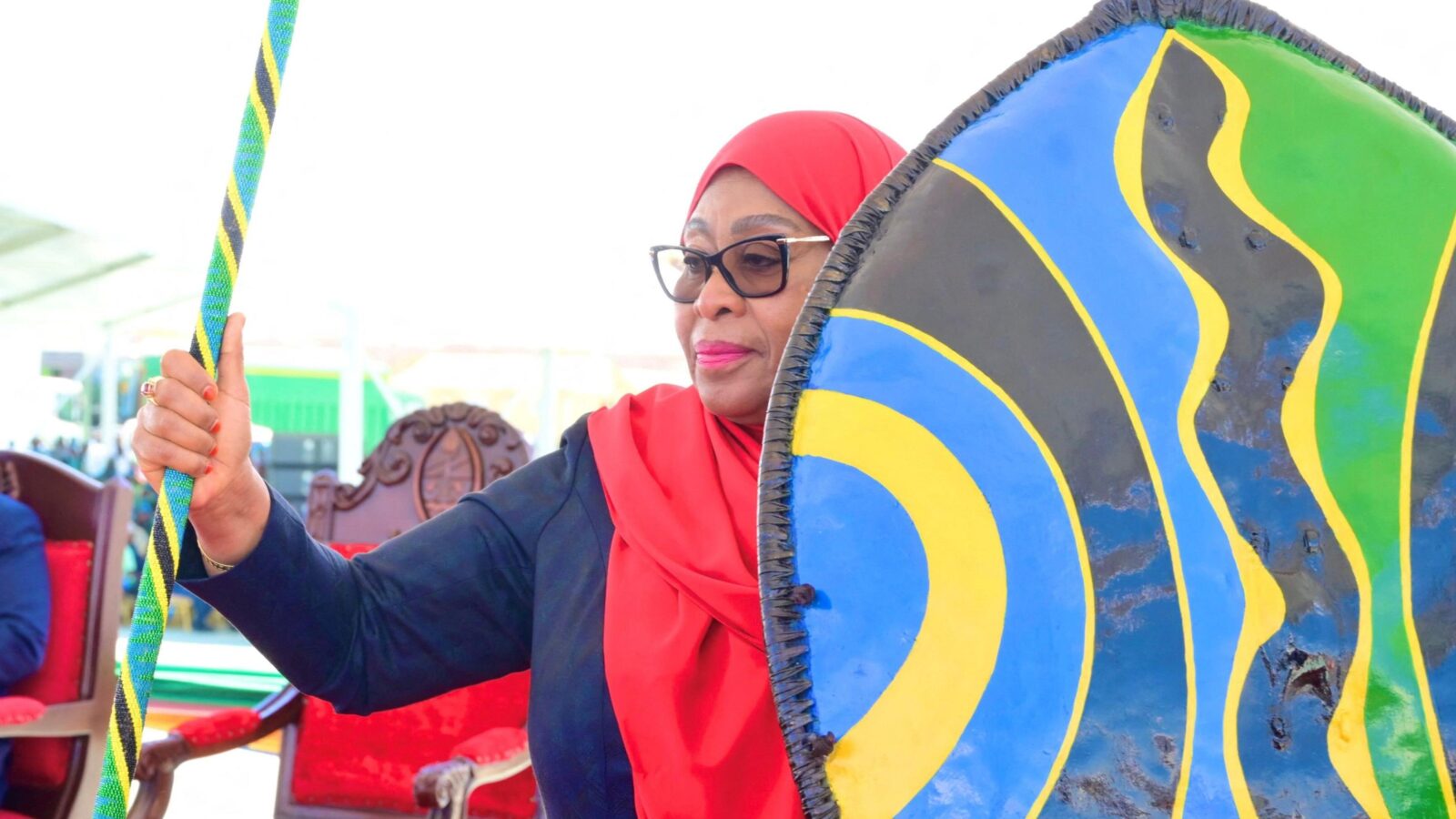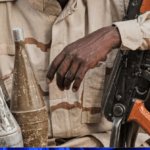Tanzania is slowly returning to normalcy after days of deadly unrest following last week’s controversial presidential election. Police in Dar es Salaam have lifted a night-time curfew that had been in place since Wednesday, after violent clashes left hundreds feared dead and plunged the country into chaos.
The protests erupted after President Samia Suluhu Hassan was declared the winner of the October 29 election with 98 percent of the vote, a result the opposition denounced as fraudulent. The unrest led to a nationwide internet shutdown, the closure of schools, public transport suspension, and severe shortages of basic goods across the country.
Shops and traffic began to return to Dar es Salaam on Tuesday, but fuel queues and tension remain high as families continue to search for missing relatives and bury loved ones killed in the violence.
Human rights groups and opposition party Chadema have accused security forces of using excessive force to quell protests. Chadema claimed that at least 800 people had been killed, while a diplomatic source told the BBC there was credible evidence of about 500 deaths. The UN human rights office has so far confirmed at least 10 deaths across three cities.
The Southern African Development Community (SADC), which observed the election, said the poll “fell short of democratic standards,” citing the exclusion of key opposition leaders. Tundu Lissu remains detained on treason charges, which he denies, while Luhaga Mpina’s candidacy was rejected over technical issues.
Meanwhile, internet services are gradually being restored, though social media remains heavily restricted. Police have warned against sharing protest footage online.
Concerns have also mounted over the disappearance of Chadema’s deputy chairman, John Heche, who was taken by police in Dodoma on Tuesday morning. According to the party, his whereabouts remain unknown, and his family fears for his safety. Authorities have refused to comment on the case.
Witnesses in Dar es Salaam told the BBC that municipal burial vehicles have been collecting bodies from hospitals under the cover of night, allegedly transporting them to undisclosed locations. Doctors said survivors were also being taken away by police before fully recovering.
The violence has shattered Tanzania’s reputation as one of Africa’s most stable nations. Among the victims was Kenyan teacher John Okoth Ogutu, who was reportedly shot by police while buying food. His family has appealed to the Kenyan government for help in repatriating his body.
Human Rights Watch and Amnesty International have both condemned the government’s use of lethal force, urging President Samia’s administration to ensure accountability for the killings and disappearances.
During her inauguration, President Samia acknowledged the “loss of lives and destruction of public property” but blamed foreign nationals for instigating the unrest.
Samia, who made history in 2021 as Tanzania’s first female president, was once praised for easing political restrictions after the hardline rule of her predecessor, John Magufuli. However, critics say her recent crackdown has reversed those early reforms and plunged Tanzania into one of its darkest political crises in recent memory.













Leave a comment